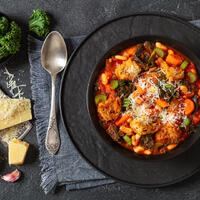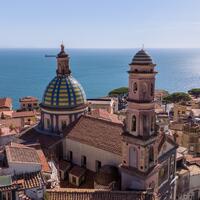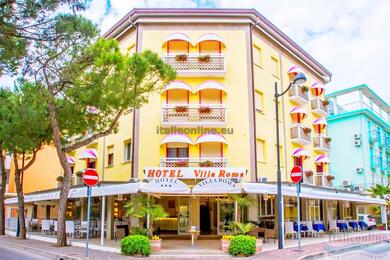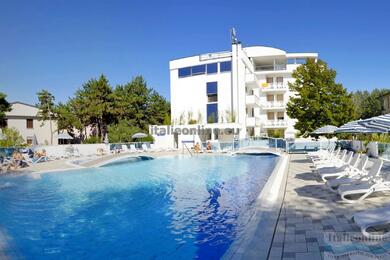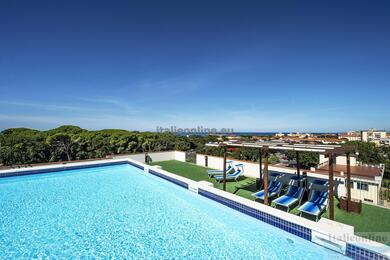Pisa has a long and colourful history dating back to antiquity. Originally an Etruscan city, it later became a Roman colony. In the Middle Ages, the city was an important maritime and commercial centre. In 1063 the Pisans defeated the Saracen pirates at the Battle of Palermo, which brought them great wealth and allowed them to finance the construction of famous buildings such as the cathedral and the Leaning Tower.
Pisa was also an important cultural and scientific centre. The University of Pisa, founded in 1343, is one of the oldest and most prestigious universities in Europe. Its famous alumni include Galileo Galilei, who studied and later taught here.
Sights and attractions
The city's most important monuments are located in the Piazza dei Miracoli (Square of Miracles). In addition to the Leaning Tower, you will find the Cathedral of Santa Maria Assunta (a majestic Romanesque cathedral with a richly decorated interior and exterior), the Baptistery of St.john's Baptistery (the largest Baptistery in Italy, famous for its excellent acoustics) and the Camposanto Monumentale (a historic cemetery with magnificent frescoes and ancient sarcophagi).
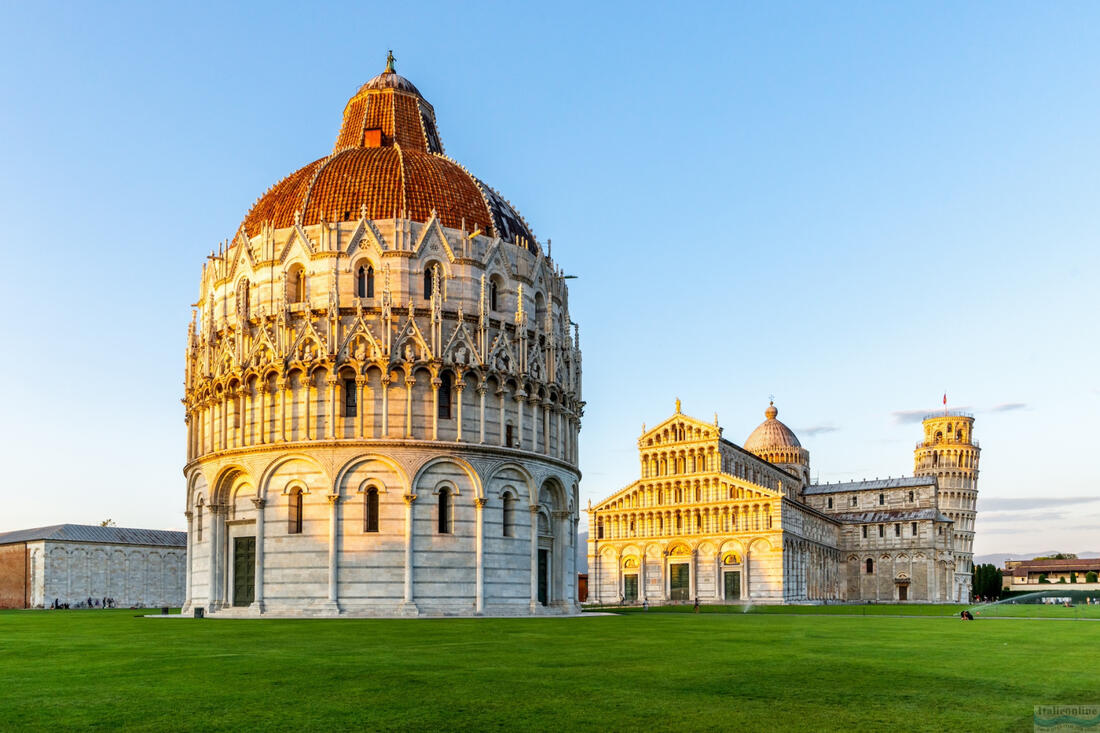
In addition to these main sights, however, while in the city, be sure to visit Piazza Cavalieri, which was the former political centre of the city and is now home to the prestigious Scuola Normale Superiore.
Also worth mentioning is the Church of Santa Maria della Spina, a small Gothic church on the banks of the Arno River, famous for its detailed decoration.
Legends and curiosities
One of the most famous legends associated with Pisa is the story of the creation of the Leaning Tower. According to legend, the tower was built as a monument to victory over the Saracens and was meant to be a symbol of the city's power and wealth. However, the leaning of the tower was meant to remind people of humility and fragility, which adds a philosophical dimension to the story.
Another interesting fact is the legend of Galileo Galilei, who supposedly conducted his experiments with gravity from the top of the leaning tower. Although it is not clear whether this event actually happened, the legend adds to the mystique and appeal of the tower.
Gastronomy
Tuscan cuisine is known for its simplicity and emphasis on quality ingredients. In Pisa, you can sample a number of local specialties, including:
- Cecina: A traditional pancake made with chickpea flour, olive oil and salt, often served as an appetizer.
- Bordatino alla Pisana: A thick soup of cornflour, beans and vegetables.
- Pici al Ragù di Cinghiale: Thick Tuscan pasta served with wild boar ragout.
- Torta co' Bischeri: Sweet cake filled with rice, chocolate, raisins and pine nuts.
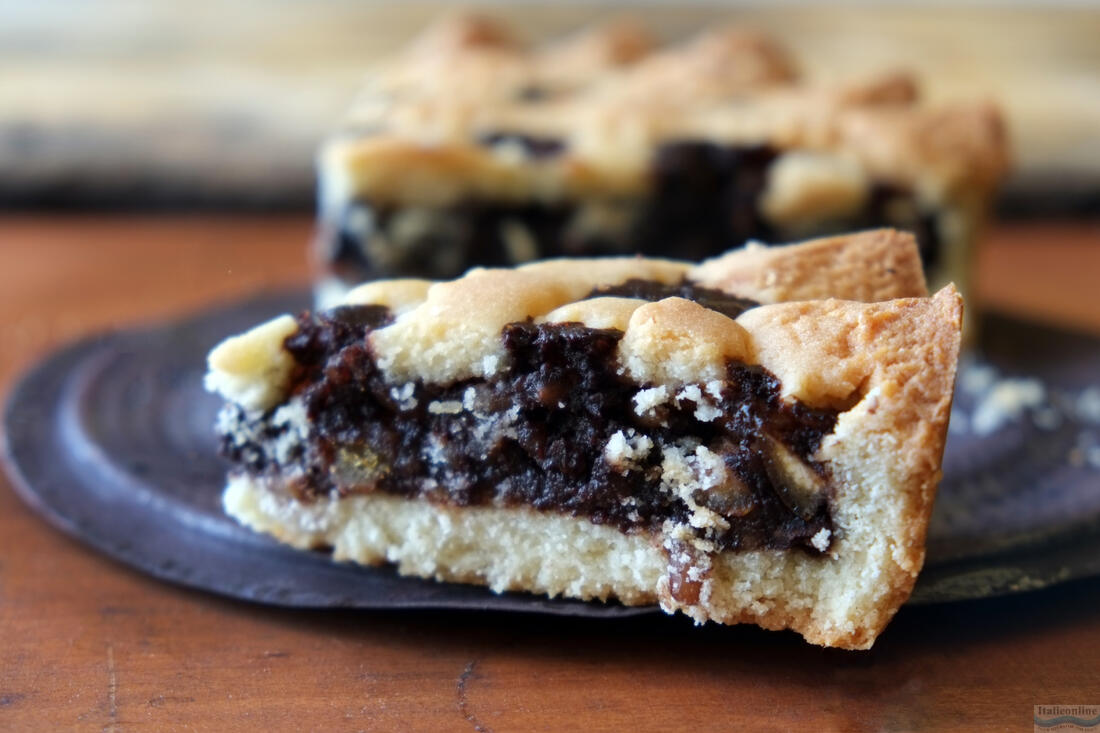
Also visit the local markets where you can taste and buy fresh produce, olive oil, cheese and wines that are typical of the Tuscany region.
Pisa is a city that offers much more than just a leaning tower. It is a place rich in history, magnificent monuments, fascinating legends and delicious gastronomy.


